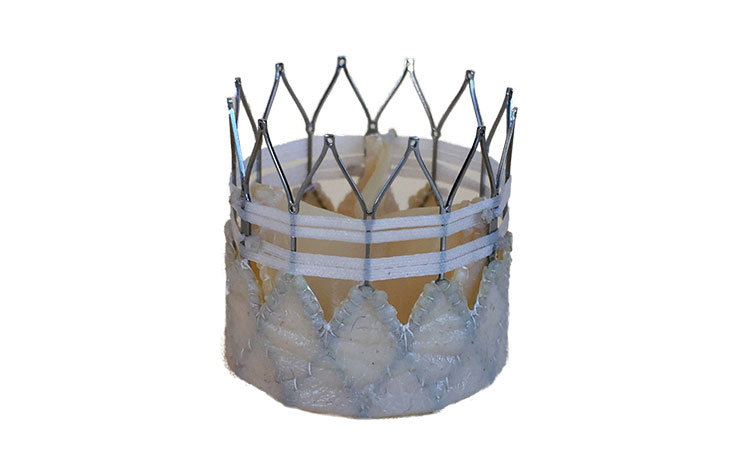Transcatheter aortic valve replacement (TAVR) is an essential alternative to surgical aortic valve replacement (SAVR) in elderly patients with aortic valve stenosis. At the current pace, TAVR procedures are expected to increase twofold from ~163,000 in 2020 to ~289,000 in 2025, and the number of patients with severe aortic stenosis is anticipated to rise to 3.5M by 2050.
ValVention Inc receives an SBIR phase I grant from the National Heart, Lung, and Blood Institute (NHLBI) to continue its research and development on its FoldaValve™. FoldaValve™ Technology, a novel self-expandable 14-Fr transfemoral TAVR system which uses a fundamentally different concept to spare leaflets from stent-crimping, aims to address TAVR clinical unmet needs by reducing the delivery profile while avoiding aggressive stent-crimp of the leaflets. Due to its unique folding mechanism, FoldaValve™ attains the smallest delivery size at true 14-Fr, implantable using a 15-Fr sheath. In addition to its small delivery profile, given that aggressive stent-crimping is considered a triggering factor for early structural deterioration and subclinical leaflet thrombosis by many investigators, FoldaValve should contribute to TAVR durability. Moreover, FoldaValve™ is uniquely equipped with an intravascular ultrasound (IVUS)-guided delivery system (Ingenuity™), which reduces the need for Fluoroscopy during implantation and minimizes radiation to both patient and physician. Ingenuity™ uniquely allows repositioning in six degrees-of-freedom even when the valve is fully implanted and allows complete intraprocedural valve retrieval, which has not yet practiced in other TAVR systems.



